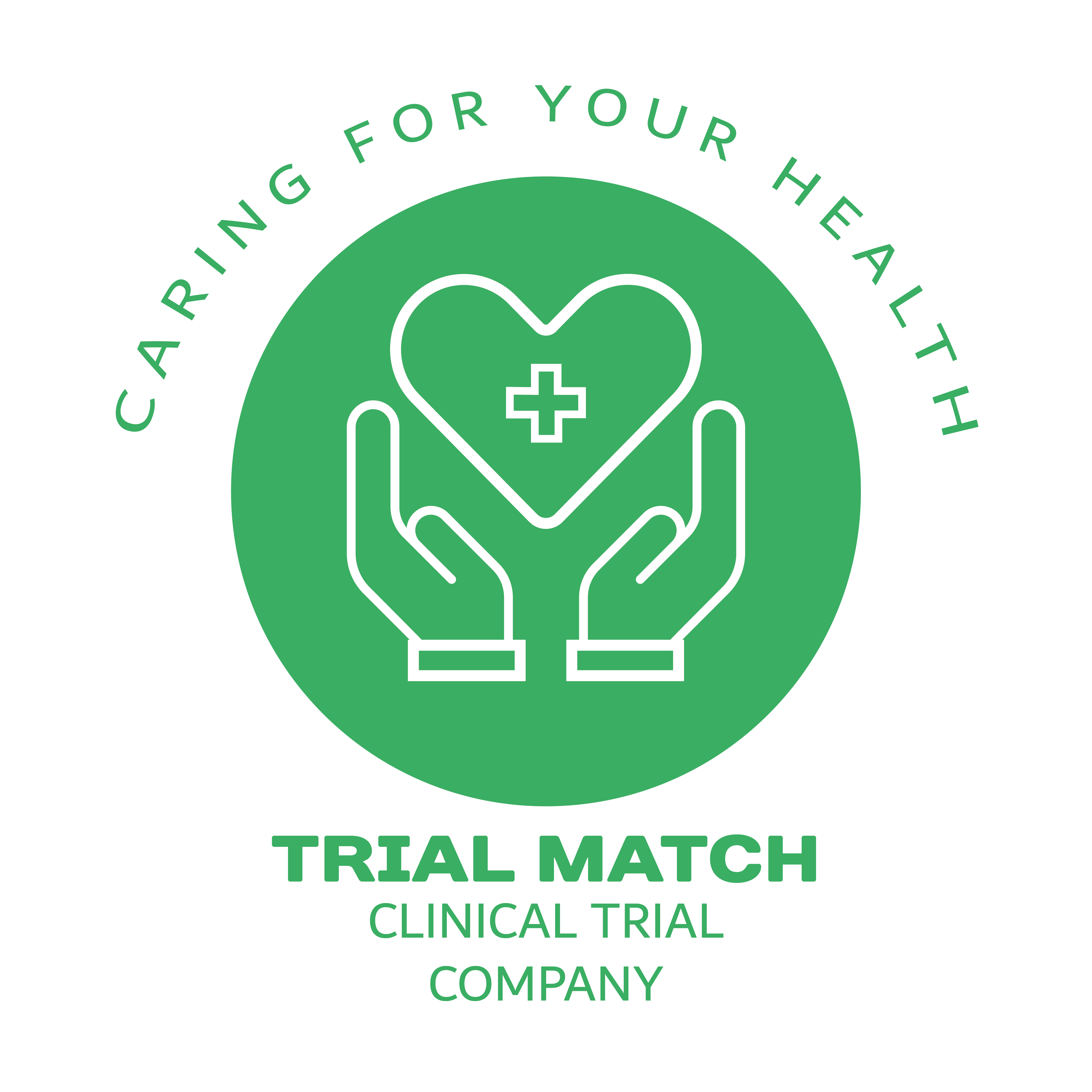Clinical trials stand as the cornerstone of medical research, serving as a vital conduit between scientific discovery and real-world medical applications. These carefully orchestrated investigations represent a crucial step in the journey from hypothesis to evidence-based practice. The quiddity of clinical trials lies not only in their rigorous methodologies but also in their potential to transform medical landscapes, shaping the way we diagnose, treat, and prevent diseases.
Understanding Clinical Trials: A Glimpse into the Process
At its core, a clinical trial is an experimental study conducted on human participants to assess the safety, efficacy, and potential side effects of new medical interventions such as drugs, therapies, medical devices, or preventive strategies. The process typically begins with pre-clinical research, where promising treatments are tested in laboratory and animal models. However, the true test of a medical innovation’s worthiness occurs when it is subjected to the rigor and scrutiny of human trials.
Clinical trials are meticulously planned endeavors that follow a structured series of phases:
Phase 1: This initial phase involves a small number of healthy volunteers and focuses on determining the treatment’s safety, dosage range, and potential side effects.
Phase 2: This stage includes a larger group of participants, often those affected by the targeted condition. It assesses the treatment’s effectiveness and further explores its safety.
Phase 3: In this phase, the treatment is tested on an even larger and more diverse group of participants. Researchers aim to confirm its efficacy, monitor side effects, and compare it to existing treatments or placebos.
Phase 4: Post-marketing surveillance occurs after regulatory approval, monitoring the treatment’s long-term safety and effectiveness in real-world settings.
The Quiddity of Rigor: Ethical Considerations and Methodological Precision
The essence of clinical trials lies in their unwavering commitment to ethical standards and methodological precision. The protection of human subjects is paramount, with research protocols subject to rigorous ethical review by Institutional Review Boards (IRBs) or Ethics Committees. Informed consent ensures that participants are fully aware of the trial’s purpose, procedures, potential risks, and benefits before they decide to join.
Methodological precision is equally vital. Randomization, blinding (where possible), and control groups help minimize bias and ensure that observed effects can be attributed to the intervention itself rather than external factors. These measures uphold the scientific integrity of clinical trials and enhance the reliability of their findings.
The Transformative Impact: From Evidence to Medical Advancement
The true quiddity of clinical trials transcends their technical aspects; it resides in their transformative potential. Clinical trials bridge the gap between laboratory discoveries and tangible medical progress. New treatments that demonstrate safety and efficacy in trials have the potential to revolutionize healthcare paradigms, offering hope to patients who previously had limited options.
For instance, landmark clinical trials have played pivotal roles in eradicating diseases like smallpox, advancing cancer therapies, and changing the course of HIV/AIDS management. In recent times, the rapid development of COVID-19 vaccines exemplifies the accelerated power of clinical trials in addressing urgent global health challenges.
Challenges and Future Prospects
While clinical trials offer immense promise, they are not devoid of challenges. Recruitment of diverse participants, ensuring long-term follow-up, and addressing ethical dilemmas are ongoing concerns. Moreover, the rising costs and complexities associated with trials can hinder research progress. Looking ahead, the quiddity of clinical trials will evolve with innovative methodologies. Adaptive trial designs, precision medicine approaches, and the integration of real-world evidence will enhance trial efficiency and relevance. Additionally, the globalization of clinical research will expand access to trials and enable a broader understanding of treatment effects across diverse populations.
In Conclusion
Clinical trials are the crucible in which medical innovations are tested, refined, and validated. Their quiddity encapsulates ethical considerations, methodological rigor, and transformative impact. As medical science advances, clinical trials will continue to drive the progress that ultimately shapes the healthcare landscape, offering new avenues of hope and healing for people around the world.
